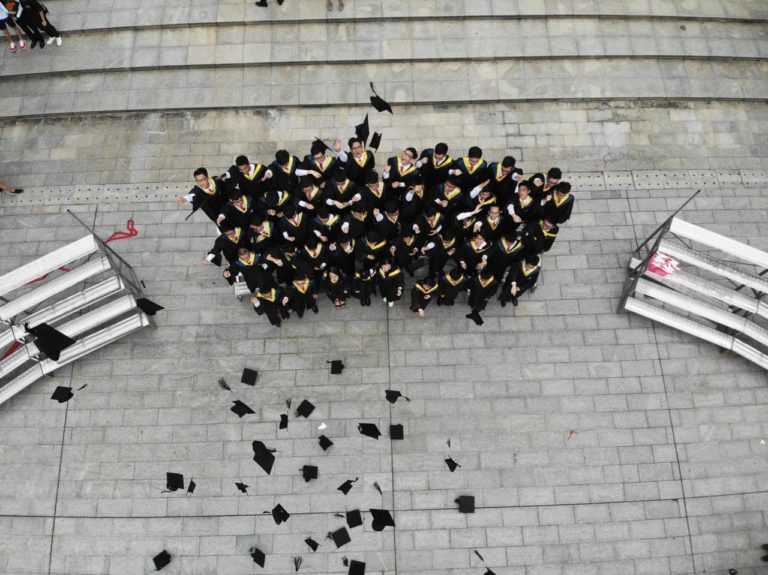You may have read the news that University of Illinois Urbana-Champaign recently took out an insurance policy to protect itself from a steep fall in Chinese student enrollment in case of a visa policy or other external shock. The university estimates that it would lose $60 million a year were it to completely lose Chinese students, who generally pay full tuition and thus help to subsidize American students.
The increasingly heated rhetoric about China and the nosedive in the relationship between the two countries certainly ups the risk of a drop in Chinese student enrollment. But it’s part of a much bigger trend under which students from around the world are becoming leery of the United States. That’s bad for all of us.
Texas Tech University’s foreign student enrollment fell by 2 percent in 2018. “They see the headlines and they think that they’re no longer wanted in the United States,” Lawrence Schovanec, the university’s president, told Catherine Rampell of The Washington Post.
The most recent Institute for International Education “Open Doors” report noted that international student enrollment in the United States fell in the two most recently completed school years –down 6.6 percent in 2017/18.
And that was before this year’s rise in US-China tensions, intensification of anti-immigrant rhetoric, the current administration’s bullying of traditional allies on trade and other issues, and a continuing drop in global trust in the United States. So it’s a safe bet that the trend going forward is not likely to be good.
The knock-on effects from a drop in foreign students go beyond the economic impact on schools from lost tuition revenue. They include a drop in the available talent pool and fewer people who develop an understanding and appreciation of American culture during their formative years –hurting future prospects for commerce and diplomacy.
I’m feeling a sense of déjà vu. This is exactly the kind of thing I wrote about in Lockout: Why America Keeps Getting Immigration Wrong When Our Prosperity Depends on Getting it Right, published back in 2006.
At that time, the impetus for falling student enrollments was the collapse in the US visa approval process post-9/11. Security and background check requirements went way up and staffing simply couldn’t keep up with the backlog.
I told the stories of many students who got tangled up in the red tape, including one who ended up losing a $1.4 million grant. They called themselves “checkees” because of the delays in getting security checks that often stranded them in their home countries when they visited for the holidays. Their loss is our loss too: important research was held up, human capital went down the drain, and America punched holes in our mantle of “soft power” cultural influence.
What I wrote over a decade ago is still just as true today: “America’s greatest asset is its ability to attract the world’s ablest and most talented individuals to a system that can harness their ability better than any other in the world. It is the combination of those individuals and the system that has made this country the world’s engine of innovation and economic growth.”
I could update the numbers I cited in Lockout of the costs to the United States of canceled conferences, foreign students going to other countries, deals lost because of visa issues or distrust of America.
But the more things change, the more things stay the same. It’s a loss for our country and economy.
#China #economy #foreignstudents #talent #education
This is the seventh installment of my new weekly LinkedIn series, “Around My Mind” – a regular walk through the ideas, events, people, and places that kick my synapses into action, sparking sometimes surprising or counter-intuitive connections.
Click the blue button on the top right hand on this LinkedIn page to subscribe to “Around My Mind” and get notifications of new posts. Please don’t be shy about sharing, leaving comments or dropping me a private note with your own reactions.
- The Gray Rhino Wrangler on Substack - January 1, 2025
- Gray Rhino Risks and Responses to Watch in 2024 - January 10, 2024
- In the Media 2023 - December 31, 2023


